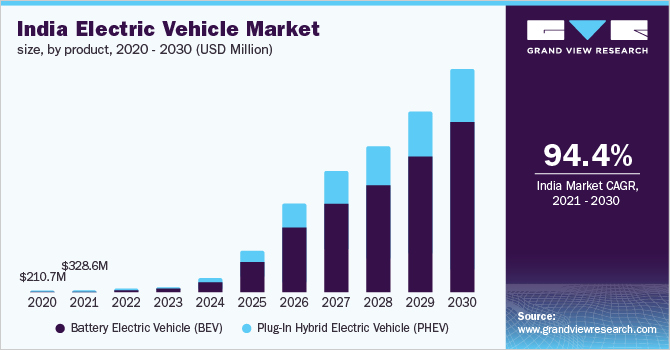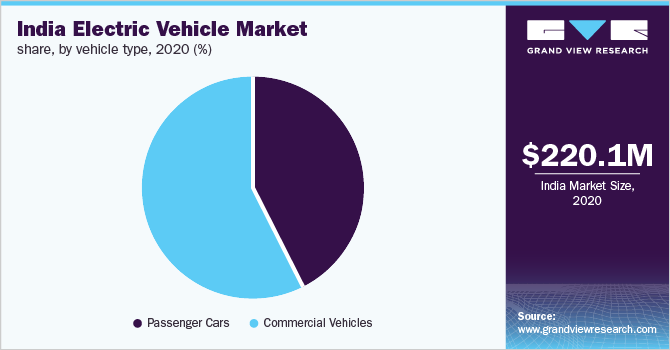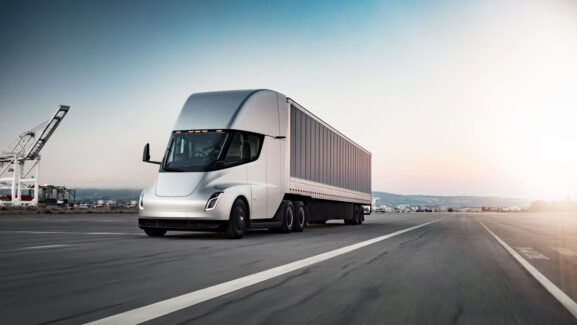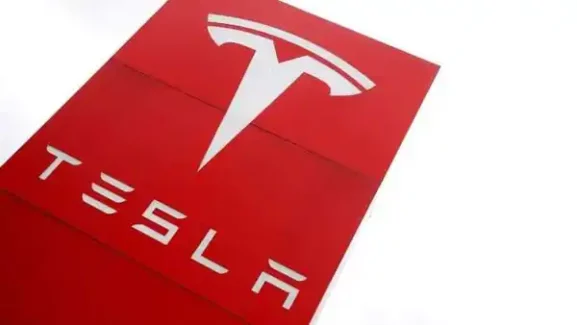Electric Vehicle Industry in India: Industry Size & Investment Outlook
The electric vehicle has become a craze around the world. It operates on an electric instead of an IC (internal combustion) engine using fossil fuels such as petrol or diesel. Hence, the electric vehicle has become the best alternative for people looking to replace conventional automobiles while reducing their carbon footprint. It seems like the ideal option to address any environmental challenges in the future. India is also looking to join the bandwagon of countries opting for an electric vehicle to make the roads green. To give boost to electric vehicle industry in India, The country has introduced several schemes for vehicle owners to make electric vehicle purchases attractive. Hence, the electric vehicle has seen a steady growth from the prior years.
Electric Vehicle Industry In India
In India, the electric vehicle market recorded a value of five billion USD (US Dollar) in the year 2020. Studies reveal it may reach a staggering 47 billion USD within the next five years. So, within the 2021- 2026 period, the electric vehicle industry in India may record a CAGR (compounded annual growth rate) of more than 44%. The Indian Electric Vehicle Market experienced a slow down due to the outbreak of the COVID-19 pandemic. This disrupted the supply chain due to the shutting down of manufacturing units. It occurred as a result of continuous lockdown and travel restrictions imposed in the country to prevent the spread of the pandemic. The EV market in India remains at a budding stage. But, it looks promising due to newly introduced initiatives and policies by the government.

Investment Outlook
The EV market will grow at a faster rate in the next five years. It is because E-commerce companies such as Amazon have shown interest in introducing initiatives to encourage e-Mobility. State and Central governments have also started experimenting with e-Mobility for public transport. In some major cities, the introduction of electric inter-city buses has shown promise. With the state government also playing an active role in enforcing policies to encourage electric vehicles the outlook appears bright. The government of India plans to have at least 70% of the commercial vehicles, 40% of buses, 30% of private cars, and 80% of two-wheelers running on Indian roads to go electric by the year 2030. FAME India scheme is one such e-mobility focused policy that may address environmental challenges. Also, with the government allowing 100% foreign direct investment in the electric two-wheeler sector the electric vehicle industry in the country will grow.




